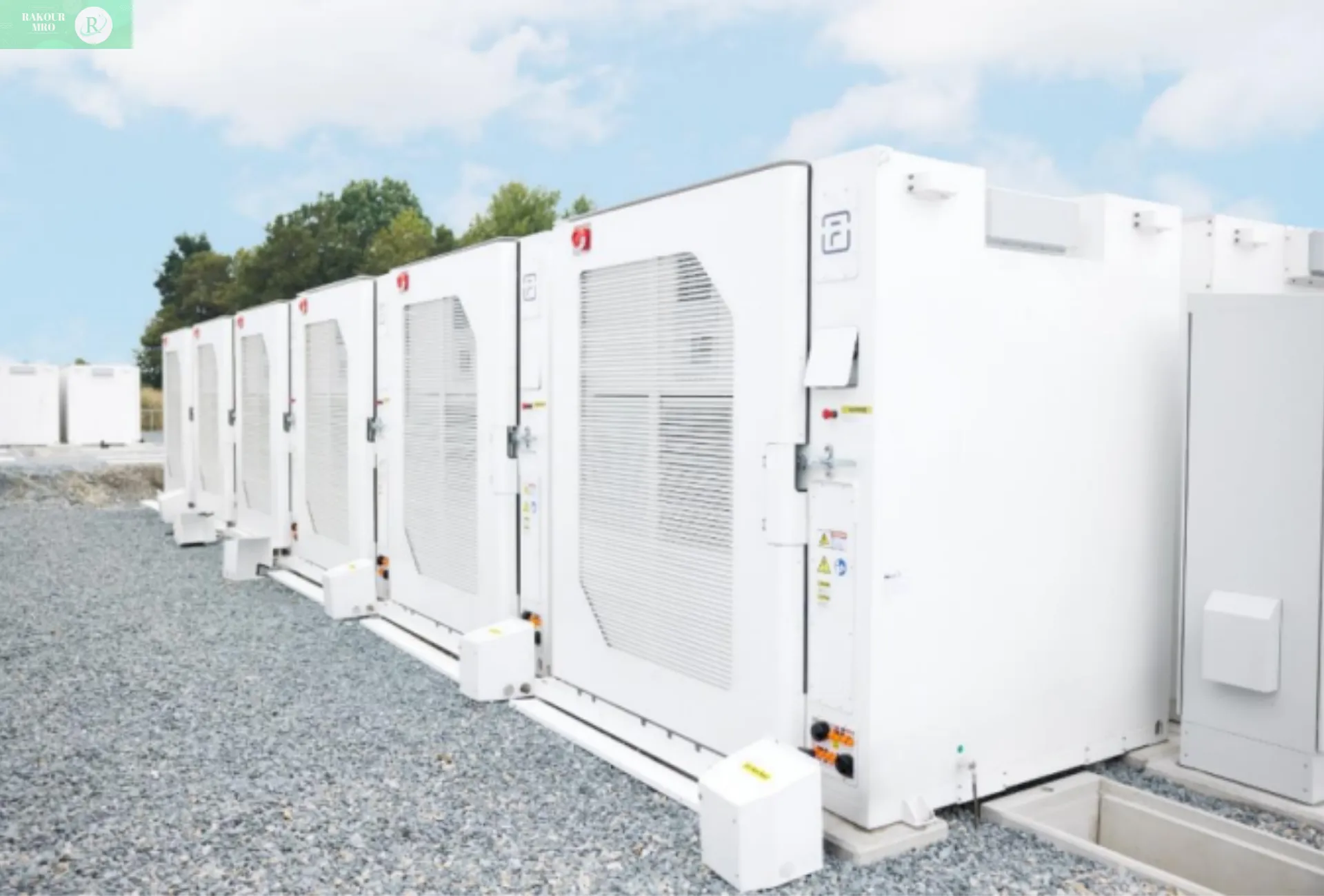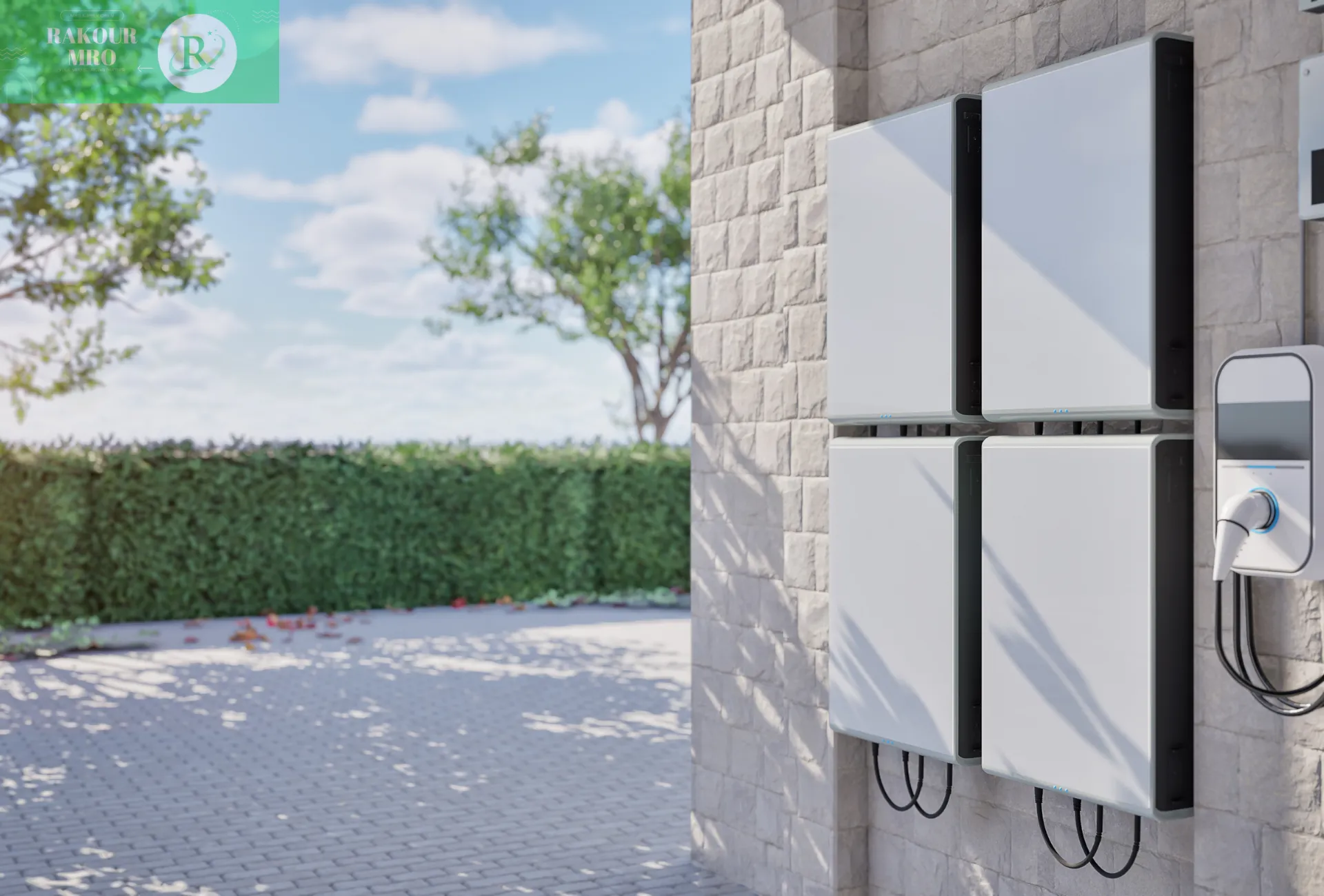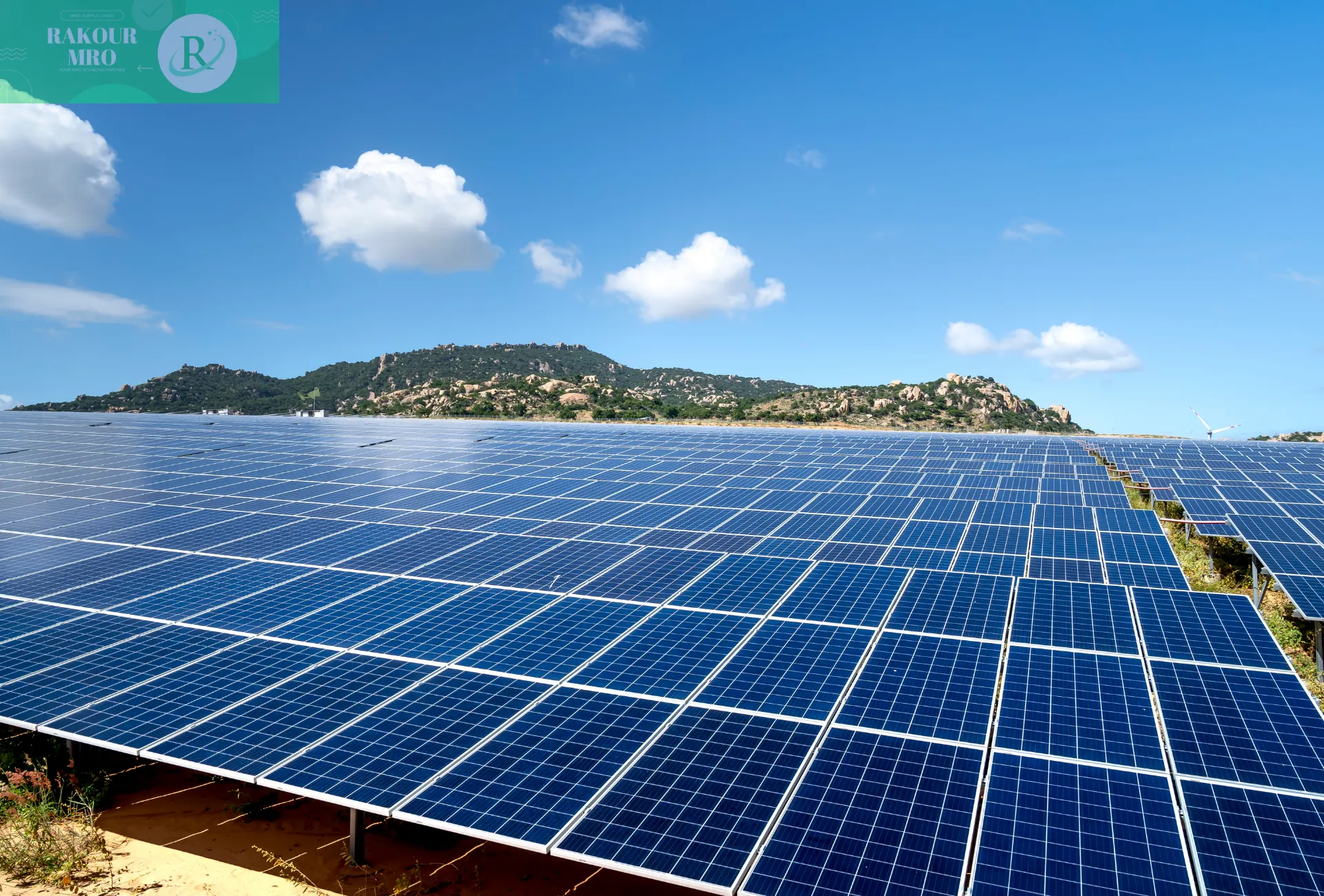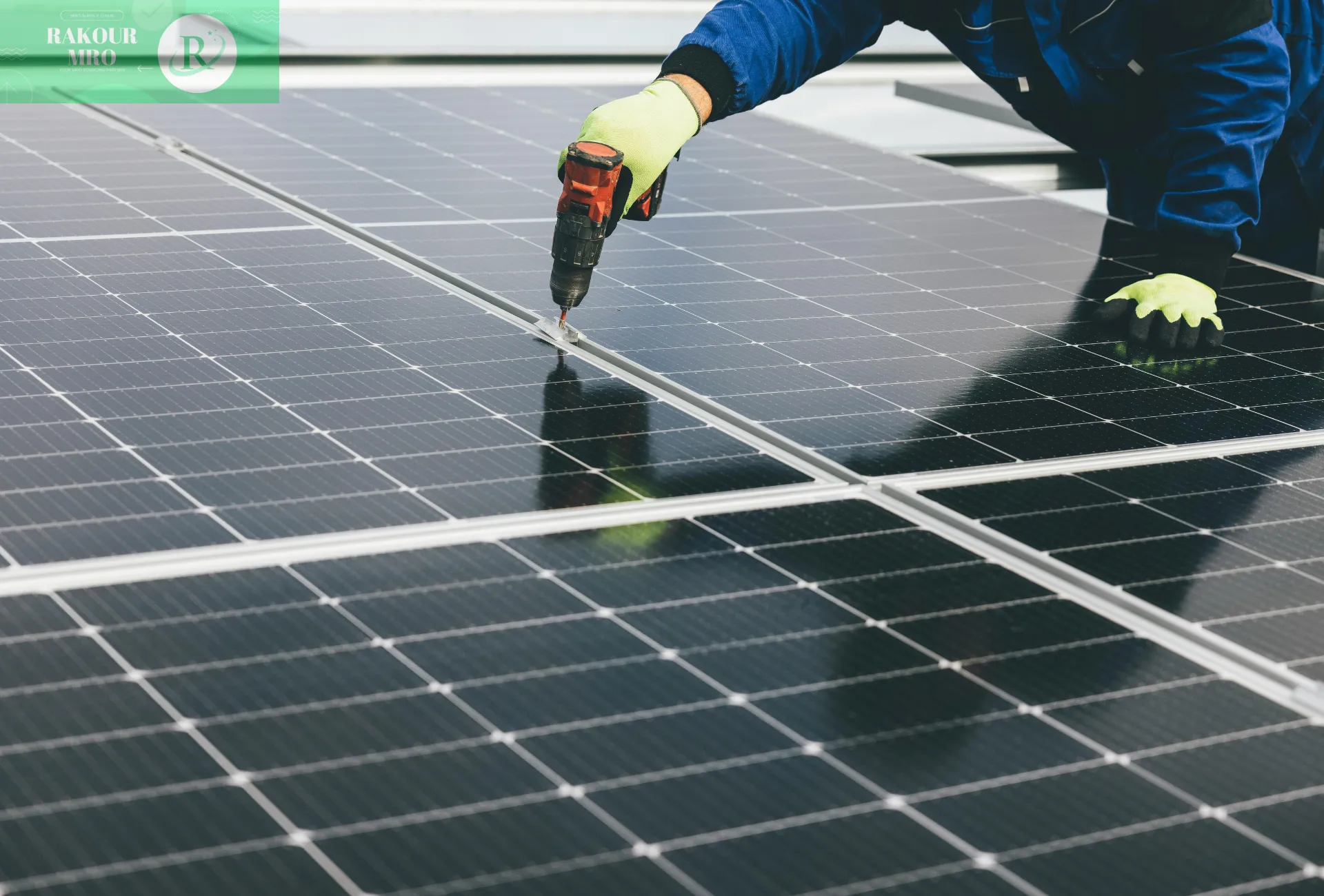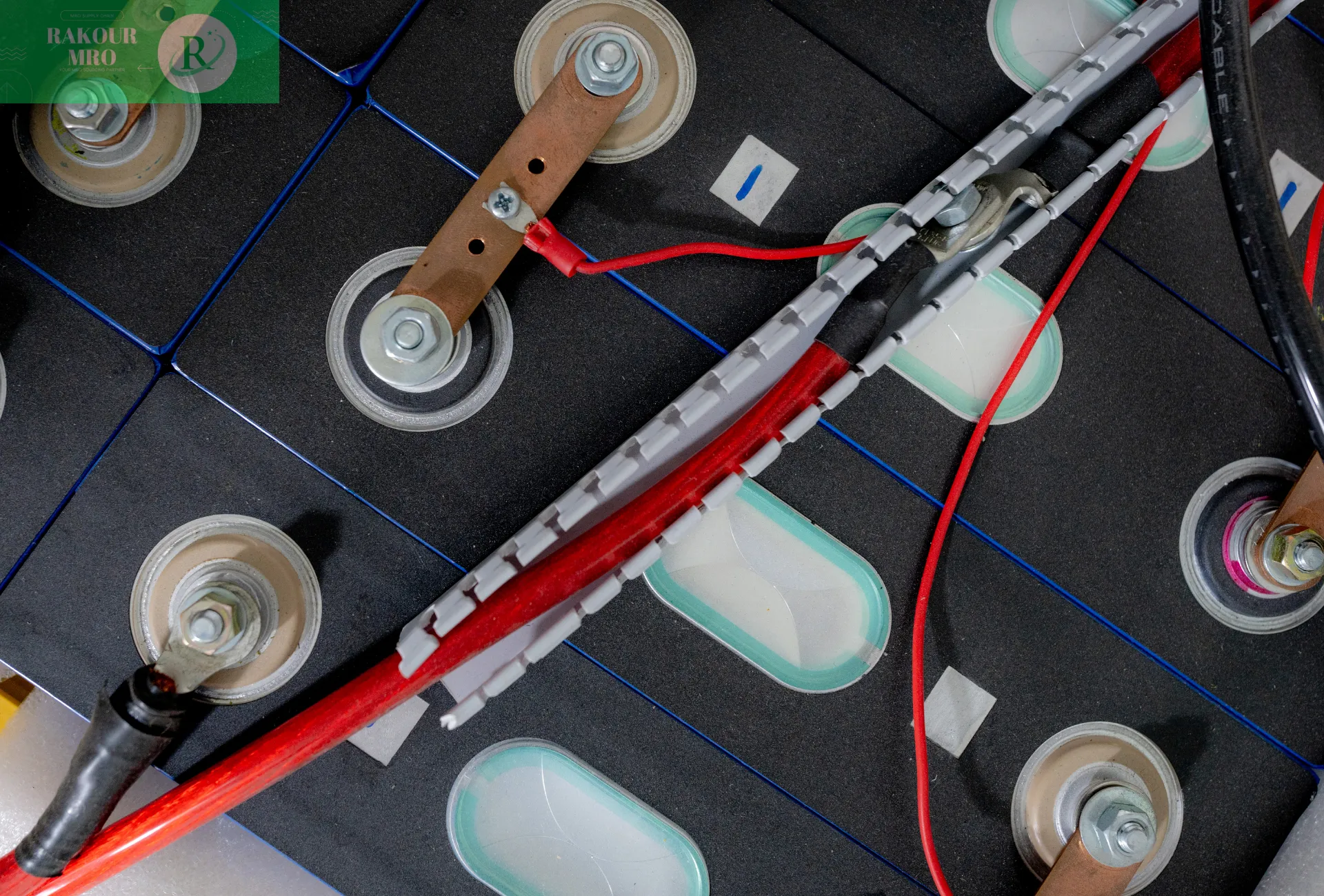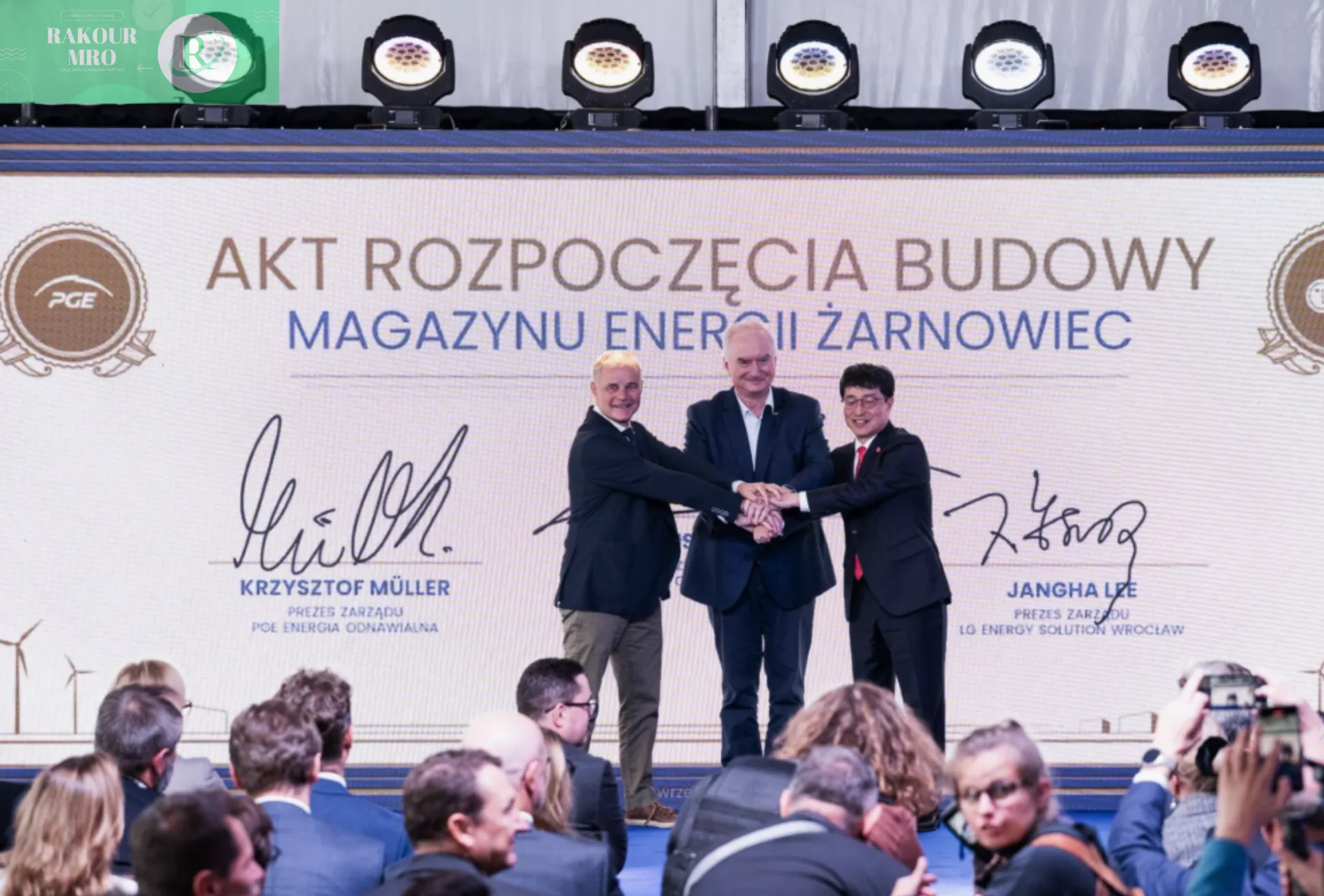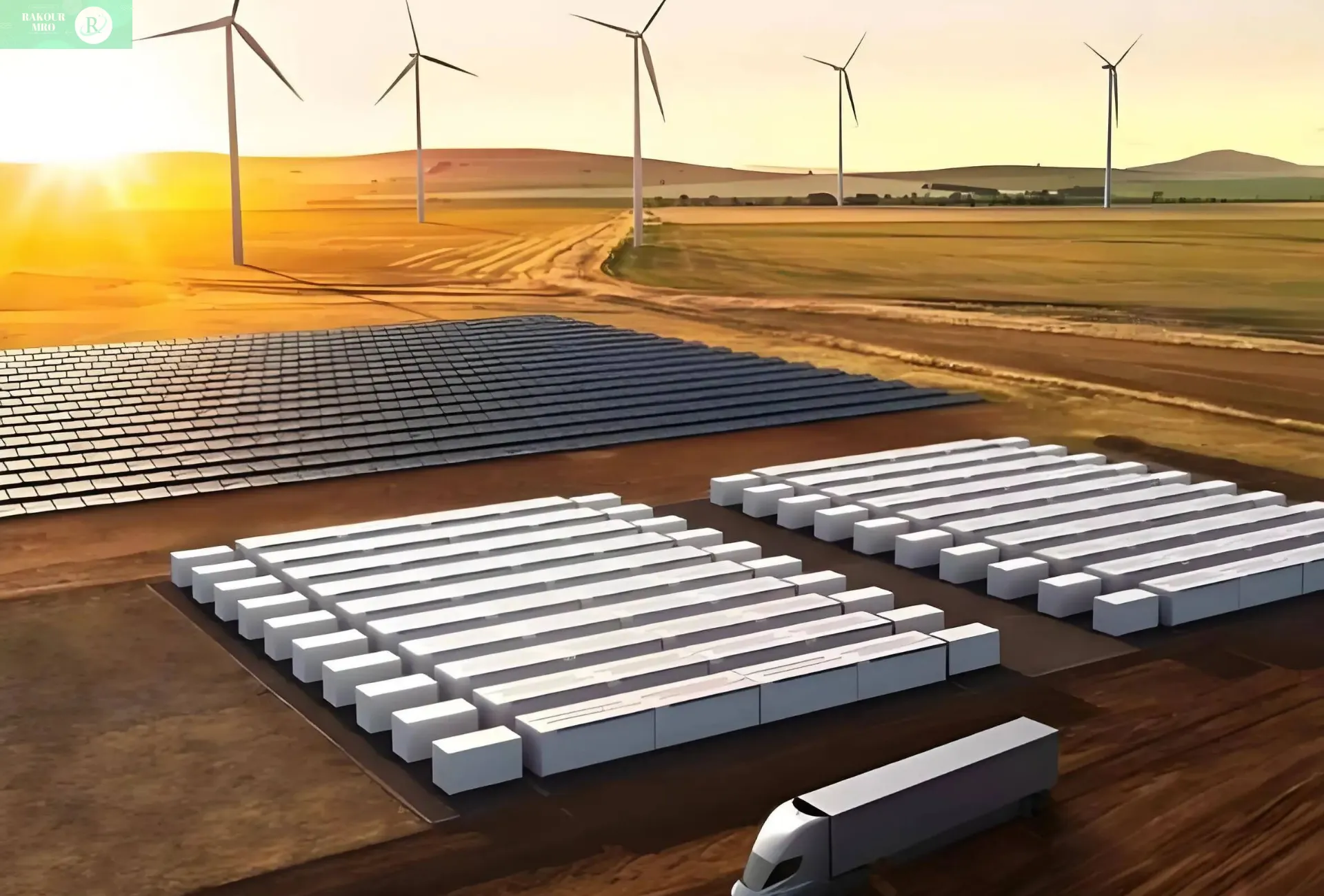The project is expected to start construction in 2027 and be fully operational in 2028. Once completed, it will become one of the largest energy storage systems in Europe.
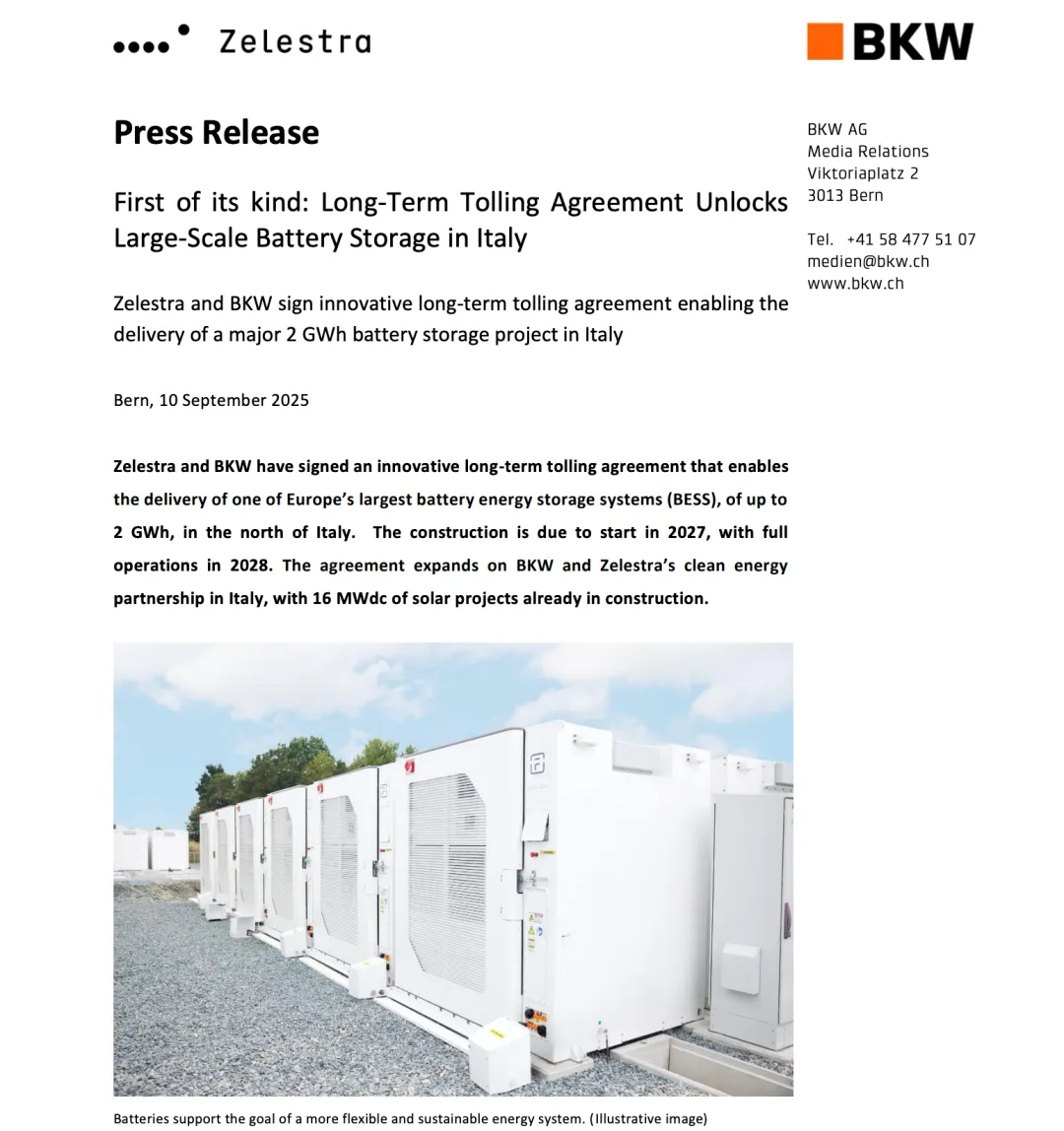
Project Background
Northern Italy faces high industrial demand, while the proportion of renewable energy continues to rise and traditional thermal power generation is gradually being phased out. This structural contradiction urgently requires high-capacity energy storage to provide a safety net. The 2GWh energy storage project between Zelestra and BKW aims to balance grid flexibility with renewable energy consumption.
As shown in the figure below, the demand figures for the northern region of Turin are 2,863GWh, and those for Milan are 5,882GWh. Compared to southern regions, such as Cagliari, which has a demand of 1,637GWh, northern Italy has higher demand.
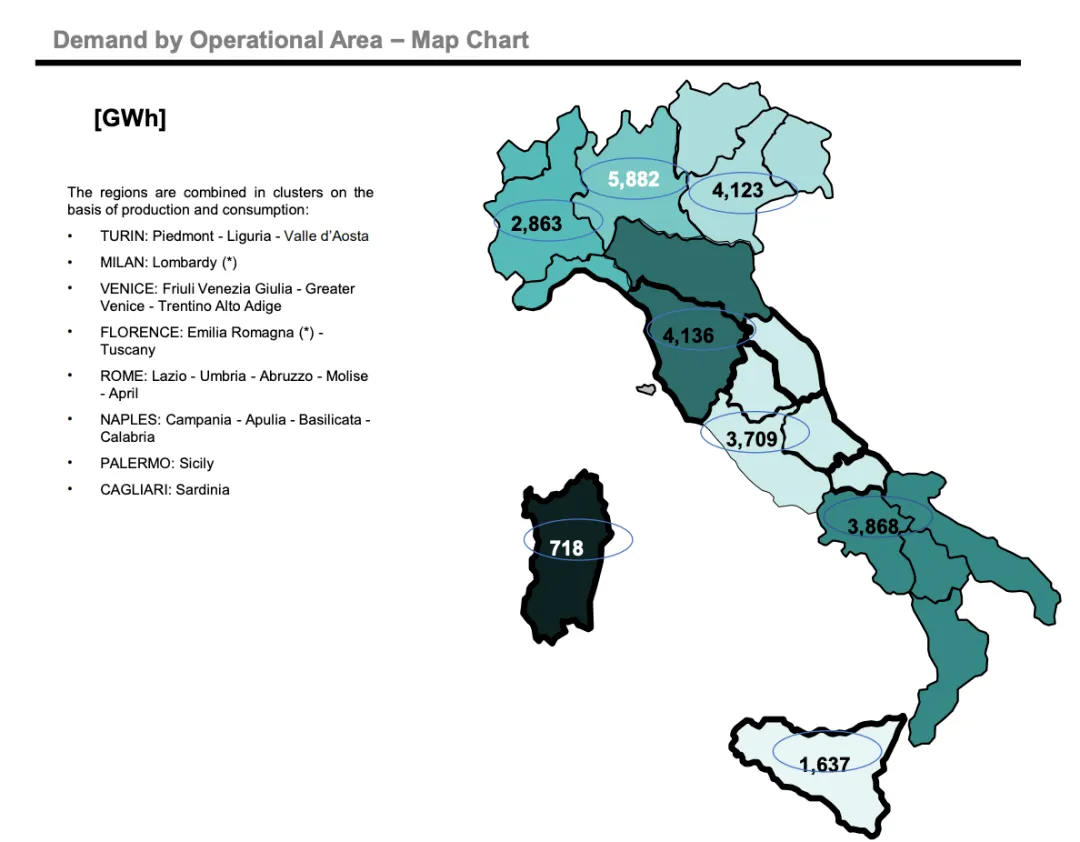
Project Highlights
Italy’s first “financial lease” energy storage architecture.
This agreement is unique in that it represents Italy’s first energy storage project using a long-term financial lease model. Zelestra will transfer a portion of its energy storage plant capacity to BKW for management and optimization, enabling flexible market scheduling. For the industry, this represents not only an innovative business model but also a reference template for future large-scale energy storage financing and operations.
What are the benefits of doing this?
BKW “leases” energy storage rather than purchasing it outright. Instead, it acquires “storage operating rights,” allowing it to use energy storage as a market flexibility tool without having to build its own power plants. BKW can independently dispatch this capacity to participate in market transactions, optimize revenue, or provide grid ancillary services. The developer assumes construction and some technical risks, while the operator is responsible for scheduling and market optimization risks.
Win-win cooperation
This isn’t the first collaboration between the two parties. Back in late 2024, Zelestra and BKW signed a 10-year power purchase agreement (PPA) for two PV projects in Puglia and Sicily, totaling 16 MWdc. This energy storage collaboration can be seen as a natural extension of their journey from PV to storage.
Bianca Sarbu, Head of Transactions and Development at BKW, said: “Beyond this technological breakthrough, this project underscores our strong presence in the Italian market and our ambition for continued expansion. This agreement with Zelestra supports BKW’s ‘Solutions 2030’ strategy, which focuses on expanding flexibility and green solutions and broadening our renewable energy portfolio in Italy.”
For BKW, the project is in line with its “Solutions 2030” strategy, which focuses on expanding flexibility and green solutions and further strengthening its market presence in Italy.
*Solutions 2030: BKW’s “Solutions 2030” strategy is its blueprint for the future. It aims to address global challenges such as the energy transition, climate change, and digitalization, and to drive sustainable growth in the energy, infrastructure, and construction sectors.
Eliano Russo, General Manager of Zelestra Italy, said: “With this major energy storage project, we will not only meet BKW’s needs for clean and reliable electricity, but also deliver a project that will contribute to grid stability and accelerate Italy’s decarbonization efforts. As a multi-technology developer, we are excited to expand our global energy storage footprint, having already signed contracts in Europe, Latin America, and India. Italy is a key growth market for Zelestra, and we support the country’s ambitious solar and energy storage goals. In the coming years, we plan to significantly expand our customer base and project pipeline here.“
For Zelestra, this is an important step in accelerating its expansion in the Italian market. Zelestra already has approximately 1.4GW of PV+storage capacity in Italy and plans to participate in this year's Capacity Market and FER X PV auctions.
The implementation of such projects requires not only innovative financial structures but also robust implementation in site selection, grid access, system integration, and long-term operations and maintenance. The Zelestra-BKW partnership combines the developer’s project resources with the energy company’s market dispatch capabilities, representing a typical example of complementary success.

